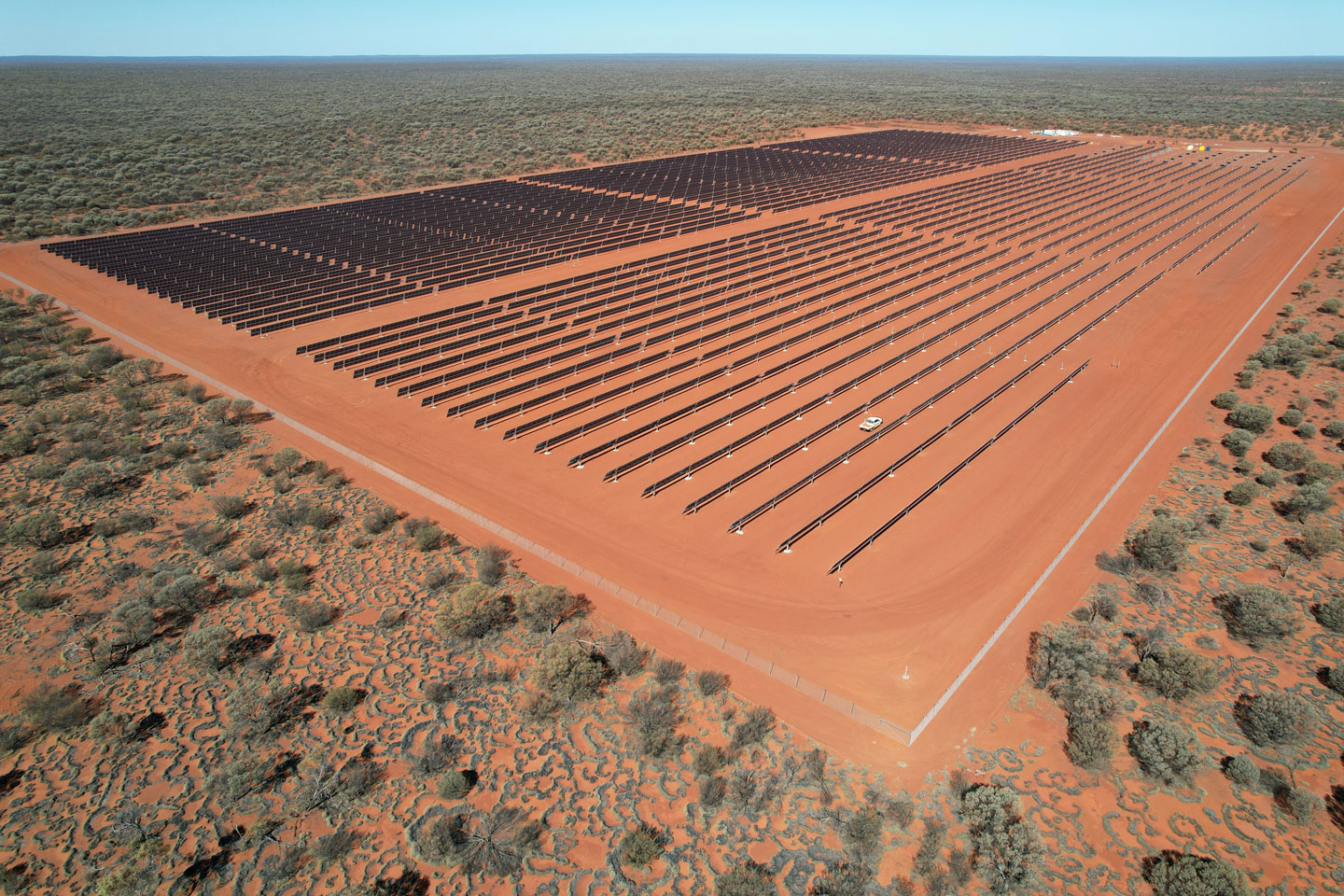

The transition from fossil fuels to renewable energy was never going to be easy.
The road ahead was clear - wind down fossil fuel energy while bringing renewables on-board. What many of us didn’t contemplate was our exposure to supply chain disruptions.
As a consequence of the Russian invasion of Ukraine, Australia’s domestic gas has been increasingly exported to meet international demand.
For Australia’s eastern states, the cost of gas almost tripled the previous record this year, and average spot prices for electricity more than doubled from June 2021 to June 2022.
Western Australia has been largely insulated by its domestic gas policy, which reserves 15 per cent of production for local use, but has its own issues.
The state is set to import coal from interstate to meet demand for the first time in its history after its supply was disrupted.
These challenges only reinforce the need to accelerate our transition to renewable energy.
TransAlta is trying to help achieve just that with the lessons learned from more than 110 years in energy generation and our successful transition from fossil fuels in a North American coal town.
Our 1,340 MW Centralia plant in Washington state supported 270 employees and hundreds of contractors, with salaries more than twice the state average.
The plant’s two coal-fired generating units had been the lifeblood of the community since 1971, but in 2011 TransAlta signed a deal with the local government to shut them down.
To do this without decimating the local economy, we allocated US$55 million to a 14-year regional energy and economic transition.
To date, we have deployed US$38 million to various community-led initiatives, including energy efficiency measures for low-income residents, building an 1100sqm training centre to offer gap training for skill shortages and a hydrogen demonstration project in partnership with Toyota.
The first burner shut down in 2020, with the other to follow in 2025. More than 90 employees have voluntarily resigned with retraining in place.
Insights from our experience may assist Western Australia’s coal town of Collie, which has union and government support for a Just Transition before all State-owned coal assets close in 2029.
The difference between Collie and Centralia is a commitment from the existing private industry to support displaced workers and invest in the next generation.
We understand how hard it can be for the fossil fuel industry to decarbonise, being on this journey ourselves.
So far, TransAlta has ceased all coal mining, retired 1,600MW of coal generation and completed 1,660MW of coal-to-gas conversions, delivering a 70 per cent emissions reduction since 2005.
We have simultaneously invested in renewable energy across Australia and North America, adding more than 400MW of solar, wind and storage since 2019, with 3GW of wind and solar in the pipeline.
This is accompanied by ambitious social and governance goals, particularly around female representation at the employee and board levels.
To underscore our commitment, we maintain a CAD$1.3 billion sustainability-linked loan which ties our cost of borrowing with our GHG emission reduction and gender diversity targets.
We believe the secret to success goes beyond setting aspirational targets, and rather depends on creating meaningful partnerships with stakeholders and our customers to ensure these targets are met.
TransAlta has supplied energy to BHP Nickel West’s Goldfields operations for decades, and in 2020 we extended this partnership until 2038, allowing us to add renewables into our WA network.
In 2021, we partnered with BHP on the Northern Goldfields Solar Project, which will integrate 38.1MW of solar and a 10.1 MW battery energy storage system into our off-grid network.
Construction started in February, and will lead to improved system reliability, fuel savings, and a 12 per cent reduction in scope 2 emissions each year.
We’re also working with BHP to identify potential wind sites in the future.
We’re just getting started in renewables in WA, but our North America transition has yielded many lessons we can apply here.
These include getting the right policy settings, meeting stakeholder expectations, prioritising relationships and making ‘no regret’ decisions that provide flexible pathways to net zero.
With an abundance of resources and capability, Western Australia is well-positioned to achieve net zero.
Numerous pathways exist to get there, including connecting islanded mining networks to create renewable energy hubs, electrifying diesel rail and haulage, implementing demand-side load management and energy efficiency measures, and developing mid-term storage options to supplement fast-acting battery storage.
While hydrogen has a role to play, its limitations mean it should only be part of an integrated approach that spans other renewable generation sources.
TransAlta already works with some of Western Australia’s biggest companies, and we’re committed to support even more partner organisations on their decarbonisation transition to deliver the future that this state deserves.
To find out more visit transalta.com/Australia












